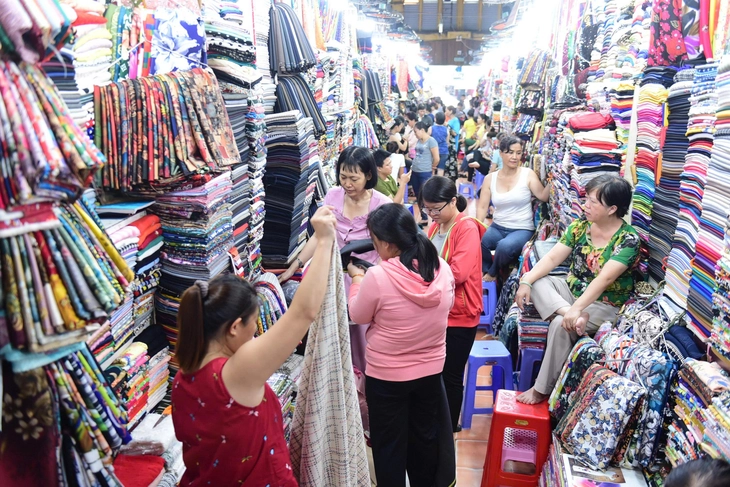
According to experts, there needs to be a solution to bring technology closer to small traders, supporting them in controlling cash flow, financial planning, saving operating costs... - Photo: Quang Dinh
According to experts, small traders are facing three major bottlenecks that hinder the digital transformation process: lack of tools, lack of data and difficulty accessing credit.
Technology must be brought closer to small traders.
Having sold groceries for more than 20 years, Ms. Thu Cuc (Cau Kieu Ward, Ho Chi Minh City) is very familiar with counting cash transactions every day. Sharing the reason for her reluctance to switch to cashless payments, Ms. Cuc said: "I am not familiar with technology because it is too complicated to use, while I have heard of many scams, so I just hold cash in my hand for peace of mind."
That is also the reality of many small traders, not only in Ho Chi Minh City. According to Mr. Nguyen Ba Diep - co-founder of MoMo Financial Technology Group, the biggest barriers to digital transformation for small traders lie not only in the application of technology, but also in operating habits.
According to MoMo's survey of 200 small businesses, most of these businesses still manage orders, warehouses, accounting and finances manually.
The lack of suitable tools and skills in using sales management software, electronic invoices, accounting... makes it difficult for small traders to control cash flow, plan finances and expand their scale.
Meanwhile, many small businesses are still hesitant to change, preferring to receive cash and operate manually to save immediate costs, but are faced with the problem of time-consuming, inaccurate data and insufficient data to access credit. Changing habits to digital technology requires a suitable roadmap, simple tools and support from easily accessible platforms.
Therefore, Mr. Diep believes that there needs to be a solution to bring technology closer to small traders - right at the payment counter - by helping small traders access simple, easy-to-use digital tools such as QR codes that accept payments from all banks and loudspeakers that announce money transfers.
From there, introduce to small traders basic sales software and integrated delivery service to expand coverage. At the same time, create a business fanpage and business page to help small traders have an online presence, reaching customers around the area in a more systematic way.
"Once familiar with technology touchpoints, retailers can expand to more advanced operational solutions: POS systems that synchronize orders from online to offline, automate inventory management, control real-time revenue, and integrate multi-channel sales," said Mr. Diep.
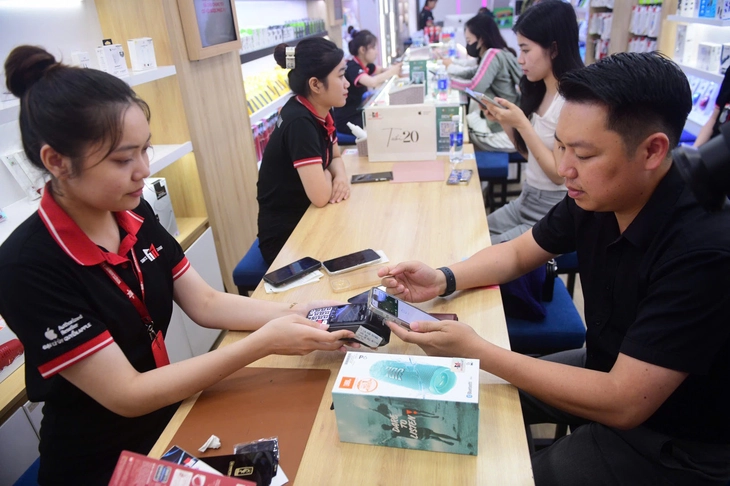
Cashless payment has become a habit of many people in Ho Chi Minh City - Photo: QUANG DINH
Cashless payments continue to expand
According to Payoo's survey, in the first half of 2025, cashless payments in many fields continued to have a good growth trend in both public and private service sectors, showing that convenience and experience in payment are increasingly prioritized.
In the public service sector, many state agencies and public units have switched to cashless payments. Administrative fees and charges at People's Committees, departments and branches have all been integrated with online payments.
Many museums and relic sites managed by the State also deploy payment methods via POS such as QR code scanning and card payment, helping people easily access and transact, such as some services at Da Nang Museum, Ho Chi Minh City War Remnants Museum...
In major cities, metro and express buses have applied cashless payment. According to the Ho Chi Minh City Department of Transport, the rate of passengers paying cashless is about 70% on metro lines.
In the private sector, the food and beverage (F&B) industry continues to hold a leading position in electronic payments thanks to the increasingly popular cashless payment methods in chain stores, promoted by a series of incentives from banks and card organizations.
F&B brands are also constantly upgrading the customer experience, from refreshing the menu, applying technology in the ordering, payment, and points accumulation processes, to expanding payment methods such as eVouchers, gift cards, or prepaid cards, in addition to traditional methods.
Many businesses in the health and beauty sector such as pharmacies, clinics and spas have also increased the value of cashless payments, showing that people are increasingly focusing on investing in physical and mental health.
Can reduce 30 - 50% of operating staff
According to experts, grocery stores, small restaurants or family stores can now reduce operating staff by 30-50% thanks to automation, control costs more effectively and improve profit margins by 5-15% after just a few months.
When the operational data is thick enough, small traders need support to integrate online tax declaration, issue electronic invoices, use digital signatures and synchronize with accounting software.
In particular, the credit scoring system based on real transaction data allows them to access legitimate unsecured loans from banks - without collateral or complicated documents.
This is an important transformation step, bringing small traders from the informal sector to being recognized in the formal financial system - not through coercion, but through data.
Many card organizations and banks are also making efforts to expand the ecosystem of cheap and easy-to-use payment devices, such as Soft POS (payment applications on smartphones) or QR "announcement speaker" devices.
These are simple but effective tools that help small retailers immediately recognize when a transaction is completed, limit errors, and clearly distinguish between business cash flow and personal cash flow to support more accurate transaction statistics and reconciliation.
Save resources and operating costs
According to the electronic payment trend report for the first half of 2025 by Payoo e-wallet, in recent years, electronic payments have not only grown strongly in scale but are also playing a role in promoting a series of profound transformations in the economy .
Cashless transactions have facilitated revenue transparency, accounting automation to e-invoicing and more efficient tax management.
One of the important steps is the issuance of new tax regulations such as households and individuals doing business with revenue of 1 billion VND/year or more will no longer be subject to lump-sum tax but will be required to use electronic invoices generated from cash registers, with a system directly connected to the tax authority.
Payoo representative said that the digital payment ecosystem has matured, helping to verify and reconcile transaction data faster and more accurately.
At the same time, accounting operations such as recording revenue and expenses are also gradually digitized and automated. Artificial intelligence technology has also begun to effectively exploit transaction data warehouses from retail systems, contributing to optimizing operations and promoting the digital economy.
"This transformation is the result of a process that has been going on for many years and is entering an acceleration phase with great consensus from the Government, managers and implementing units.
"Fields with small transaction values and high transaction frequencies such as petroleum have also implemented synchronous electronic payments, showing determination in changing the way the entire market operates," he commented.
According to this person, implementing policies to make the economy transparent such as taxes and invoices is considered an inevitable trend in the long term, but at first it can make small businesses and traders feel overwhelmed and rushed, and may require a suitable roadmap and creating conditions for businesses to gradually adapt.
Source: https://tuoitre.vn/go-kho-cho-tieu-thuong-chuyen-doi-so-20250826075026361.htm



![[Photo] National Assembly Chairman Tran Thanh Man receives First Vice Chairman of the Federation Council of the Federal Assembly of the Russian Federation](/_next/image?url=https%3A%2F%2Fvphoto.vietnam.vn%2Fthumb%2F1200x675%2Fvietnam%2Fresource%2FIMAGE%2F2025%2F12%2F02%2F1764648408509_ndo_br_bnd-8452-jpg.webp&w=3840&q=75)




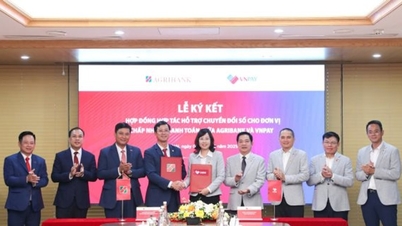





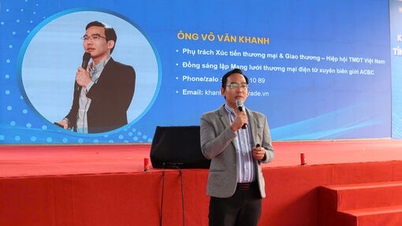





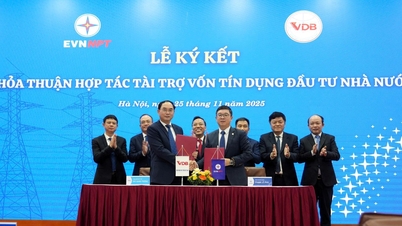














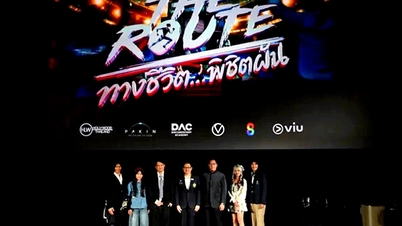



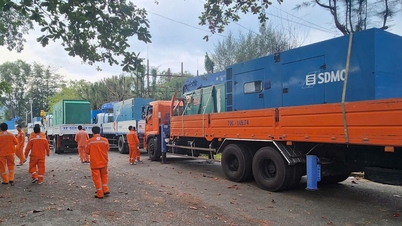







































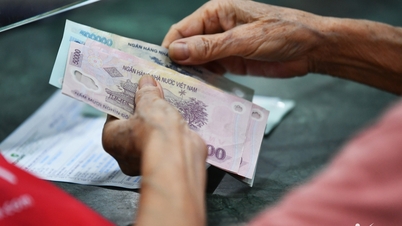



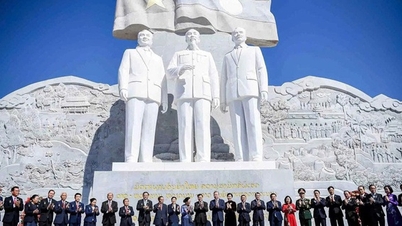

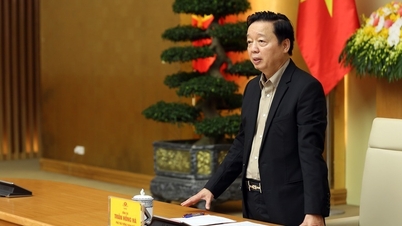
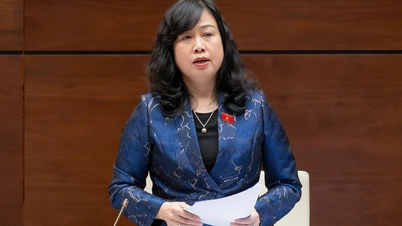
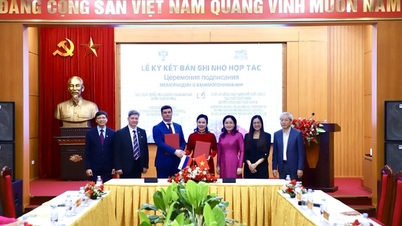


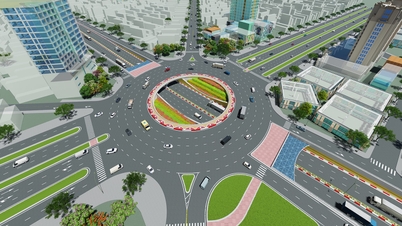



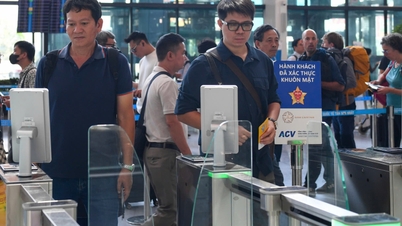

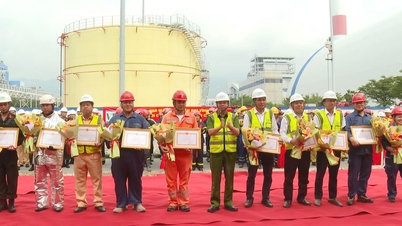
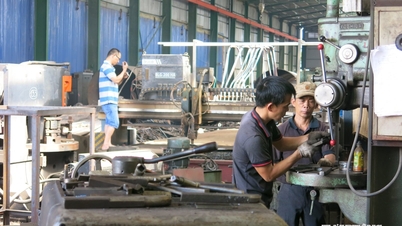












Comment (0)